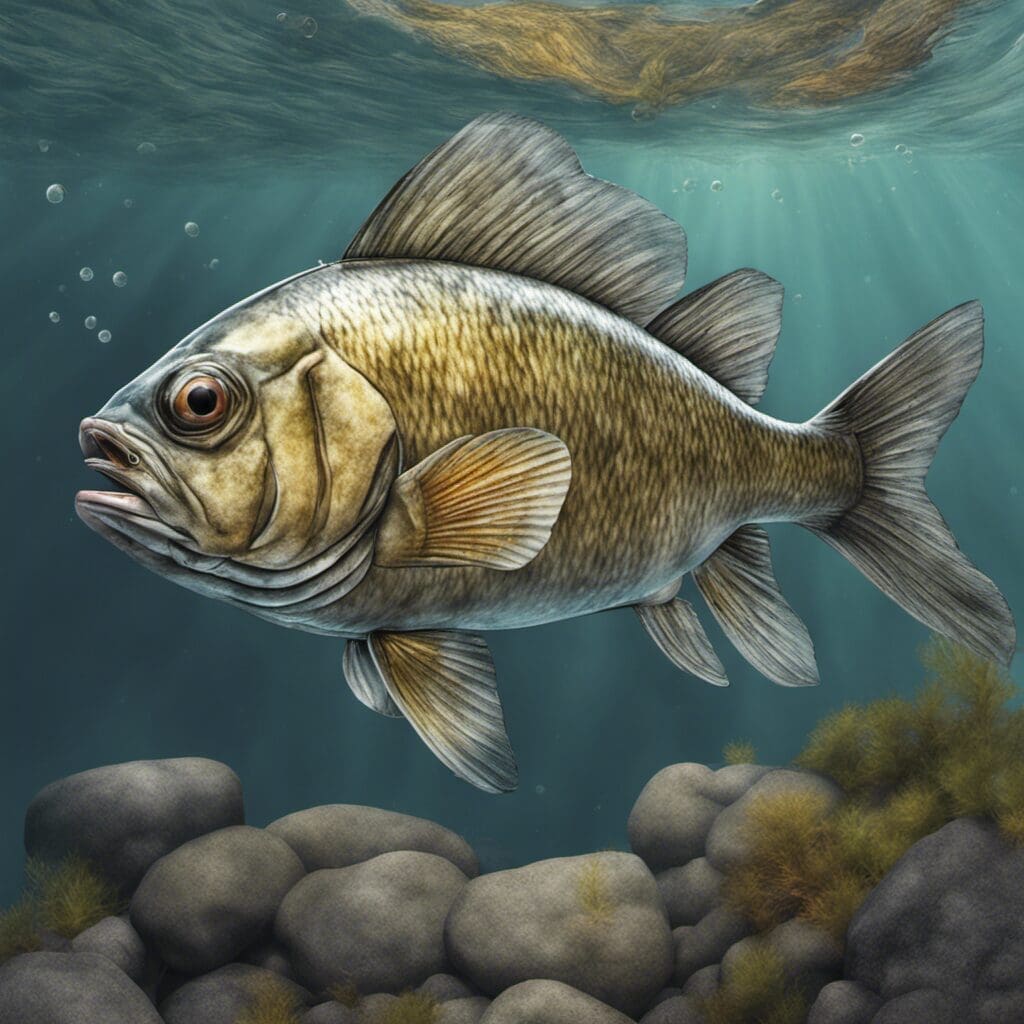Introduction
Species Name: Tarakihi (Nemadactylus macropterus). Family Name: Cheilodactylidae.
Conservation Status
Current Status: Not Threatened. Conservation Efforts: In order to maintain a sustainable population, the local fishing industry is regulated and governed by quotas.
Statistics
| Average | Range | |
|---|---|---|
| Length | 30-40 cm | 20-50 cm |
| Weight | 1-3 kg | 1-4 kg |
| Average Lifespan | 25 years |
Distribution
Regions/Countries: New Zealand, Australia, and South Africa. Migration Patterns: Seasonal migratory behavior between inshore shallow waters in the summer and deep offshore waters in the winter.
Habitats
Water Type: Salty. Depth Range: From shallow inshore waters to deep offshore waters, between 10-250 meters. Temperature Range: Mild temperate waters.
When and Where to See
Seasonal Patterns: More commonly seen in shallow inshore waters during the summer. Time of Day: During the day, as they are less active at night.
Best Fishing Locations
- Bay of Plenty, New Zealand.
- Coromandel Peninsula, New Zealand.
- Kaikoura, New Zealand.
- Nelson, New Zealand.
- South Coast, Australia.
- Shoreham, Australia.
- Robe, Australia.
- Southern Cape, South Africa.
- Algoa Bay, South Africa.
- False Bay, South Africa.
General Tips
Look for sandy bottom areas on the coast during the summer. Because they move to deeper waters in the winter, a boat is typically necessary.
How to Catch
Preferred Bait or Lures: Squid or shellfish. Fishing Techniques: Bottom fishing, the use of longlines or droplines. Best Time of Day or Season for Fishing: Daytime during the summer months.
Identification Guide
Physical Characteristics: Has a silver-gray body with a distinctive black band between its second dorsal fin and its tail. The lower jaw projects slightly past the upper. Comparison with Similar Species: Similar to Snapper but can be distinguished by the black band and pointed snout.
Culinary
How to Cook: Popular in a variety of dishes: grilled, baked, or battered. Taste Profile: Soft, delicate texture with a mild, sweet flavor. Nutritional Information: Rich in protein, Vitamin D, and Omega-3 fatty acids.
Additional Information
Behavior: Feeds on crustaceans and small fish. Predators and Threats: Sharks and seals, overfishing. Cultural/ Historical Significance: A common and popular target for commercial and recreational fishing in New Zealand and Australia, due to its tasty flesh and the challenge it presents to anglers.
References and Further Reading
- New Zealand Ministry for Primary Industries: Tarakihi profile
- Australian Museum: Banded Morwong profile
- Te Ara: The Encyclopedia of New Zealand: Tarakihi

